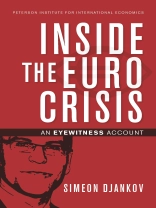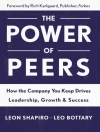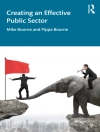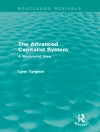In mid-2009 Simeon Djankov, who had dealt with a variety of economic and financial crises as chief economist for finance and private sector development at the World Bank, was suddenly thrust into the job of finance minister of his native Bulgaria. For nearly four years in that post, he attended more than 40 meetings of European finance ministers and had a front row seat at the intense discussions and struggles to overcome the economic and financial crisis that threatened to unravel the historic undertaking of an economically integrated Europe.
In this personal account, Djankov details his odyssey on the front lines, observing Europe’s fitful efforts to contain crises in Greece, Hungary, Ireland, Portugal, Spain, Italy, Cyprus, and France. He tells the inside story of how the European Central Bank assumed responsibility for the crisis, pledging to do ‘whatever it takes’ to save the euro area. This candid book recounts the disagreements over fiscal austerity, monetary policy, and banking supervision, while focusing on the personalities who promoted progress—and those who opposed it. He also tells the dramatic story of the events that led to his own resignation as finance minister in 2013 over the policies he was pursuing to spare Bulgaria from getting sucked into the crisis.
Sobre el autor
Simeon Djankov, nonresident senior fellow at the Peterson Institute for International Economics, was deputy prime minister and minister of finance of Bulgaria from 2009 to 2013. In this capacity, he represented his country at the Ecofin meetings of finance ministers in Brussels. Prior to his cabinet appointment, Djankov was chief economist of the finance and private sector vice presidency of the World Bank. In his 14 years at the Bank, he worked on regional trade agreements in North Africa, enterprise restructuring and privatization in transition economies, corporate governance in East Asia, and regulatory reforms around the world. He is the founder of the World Bank’s Doing Business project. He is the principal author of the
World Development Report 2002. He is also coeditor of
The Great Rebirth: Lessons from the Victory of Capitalism over Communism (2014).












